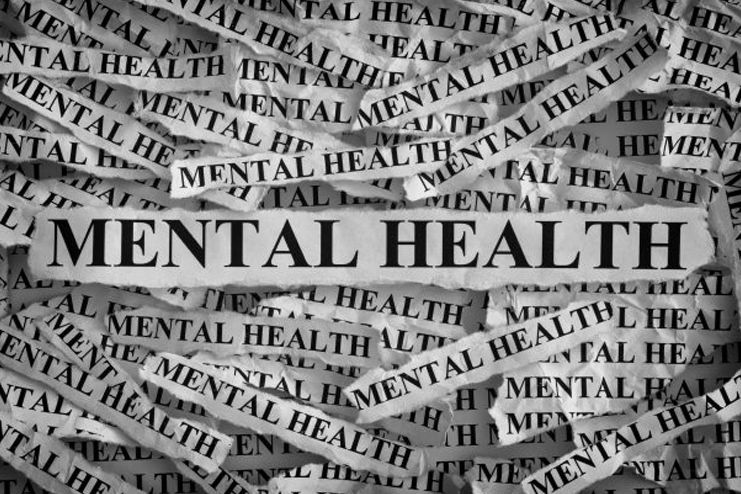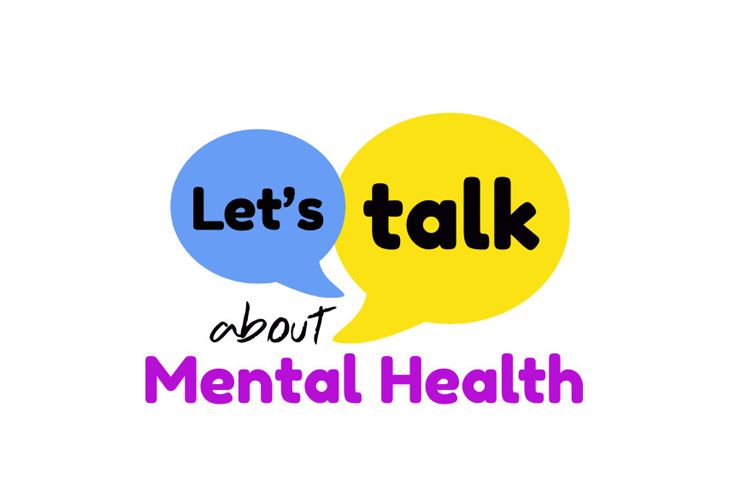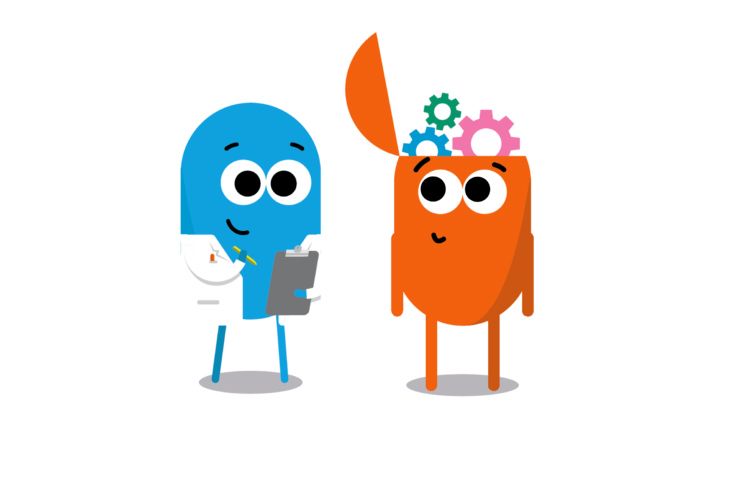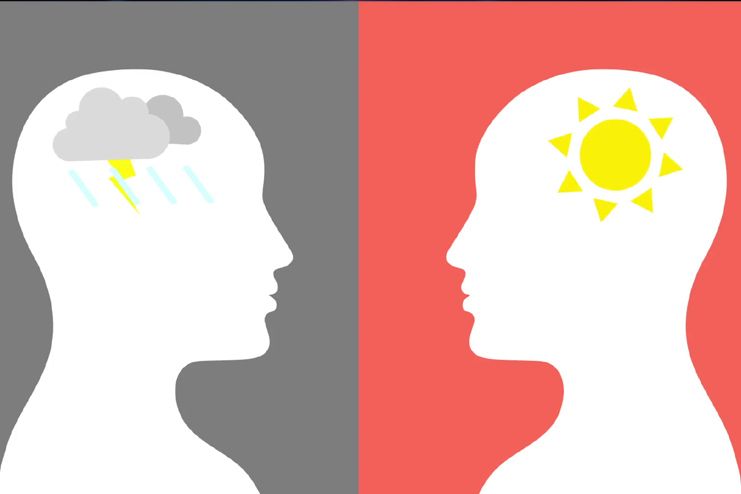Affiliate Disclaimer
Some links in this article are affiliate links. We may earn a small commission if you make a purchase through these links, at no extra cost to you. We only recommend products we find useful to our readers“I have been feeling depressed lately.” “Don’t worry, it’s just a phase.” How often have you encountered such situations? How often have you had people tell you to not discuss about your mental health struggles? Not being vocal about mental health is the reason behind the stigma surrounding the condition. This is the reason why finding ways to reduce mental illness stigma is in dire need now.
People need to realize that not talking about mental health isn’t technically going to erase it. It just makes it more difficult for people to live with it.
By the end of this article, you will have a fair knowledge regarding ways to overcome mental illness stigma in society.
What is Mental Illness Stigma?


The struggles surrounding mental health are quite a lot to bear. Top that up with the stigma of lack of education and discussion around it and you can basically define what mental illness stigma entails.
According to a Canadian statistic report, one out of 5 Canadian citizens report struggles with mental health. That takes the number of people to 7 million in Canad who are struggling with their inner demons.
Yet still, the talks encircling the prospects of mental health are too suppressed.
Causes of Mental Illness Stigma


When it comes to discussing the causes behind the mental illness stigma, the prospects are quite extensive.
The lack of education and awareness surrounding mental health is often what is considered to be the primary reason behind the stigma.
Statistics from the Mental Health Commission of Canada (R) suggest that over 60% of people suffering from mental health issues and struggles won’t seek professional help because of the prevailing stigma around the same.
Owing to the fact that mental health issues aren’t treated as a normal illness would, people tend to regard it as something as trivial as mood swings or a change of mind, nothing that requires any kind of professional help. This is exactly where the problem arises.
How Does Stigma Affect Mental Health?

Being told that their problems are “a phase” or “momentary” is what makes people unlikely to open up about their struggles. This is where the problem arises.
Mental health stigma has made it harder for people to seek out help from the professionals, thus struggling alone and succumbing to their demons without anyone to pull them out of the reverie.
The constant battle and struggle are what starts taking a toll on one’s health – both physical and mental.
How to Reduce Mental Illness Stigma?


The lack of awareness is what triggers the prospect of mental health stigma more and more every single day.
If you are personally struggling day in and day out, it is important to ensure that you do take the problems into consideration and not let it get to you.
There are a number of ways in which one can prevent the normalizing of the mental illness stigma. It does go without saying that people need to understand that not everything the society believes in is going to pay off at the end.
Here, we are going to be suggesting some of the ways to reduce mental illness stigma that you can opt for.
1. Talk about it


Not being vocal about mental health in a society is what makes people afraid of opening up, thus feeding to the stigma further.
One of the best strategies to reduce mental health stigma is by talking more about it. If you are struggling through a rough patch or even have the experience of dealing with or helping people deal with the mental illness, talk about it.
It can be done anywhere, from the social media platforms to the public forums to even the speeches that you deliver around in the schools and public speaking events.
Just take your time to research the topic and the rest can be enunciated further as per the requirements.
2. Learn About the Facts


The best way to deal with mental illness stigma is by educating yourself about the facts instead of being tied up with the myths.
Learn what kind of struggles people are going through. Additionally, teach yourself about everything there is to know about how you can help someone in need. Only then can you successfully help eradicate the stigma prevailing in society.
3. Document the Transformation


You are in charge of your own mental health. Nobody can govern how you feel, yeah, maybe professional help can get you out of the reverie but that doesn’t mean that you will be struggling with the same thoughts over and over again.
One of the best ways to reduce mental illness stigma is by documenting your own transformation. If you have been diagnosed with mental health issues, you can actually sit down and see the positive changes that you have experienced over the course of time.
This will help you understand how normalized this condition is and how everything you govern is everything you get back. Once you have documented your own progress, share it with the world to maybe inspire them and do the same.
4. Educate others


It doesn’t matter if you are a teacher, a professor, a psychologist or even just a normal person, you do have the capability in your hand to find ways to educate others about this.
One of the most common reasons why the mental illness stigma is so prevalent is because of the fact that many people are not aware of what it entails. This is what causes people to misread situations and contributing to the stigma further.
If you have the knowledge and the scope, educate others about the same. This itself cuts down on so much of the issues around the world.
5. Support People

What they fail to realize is the fact that not every person is aware of what the condition entails, thus making it impossible to create a safe space for them to work around with.
Start by educating yourself on the subject. If not, chances are that you are going to be thrown phrases like “Its normal.” Or “It’s just a phase”.
This might seem nothing at the moment but can leave a bad impact on the person who is already struggling. You don’t have to be a professional to say the right things. Just know when to support someone in need and how to do it.
6. Be a little More Sympathetic


The struggles of mental health are not very evident, thus making them more wild and unruly. All prospects aside, for overcoming mental illness stigma, it is important to ensure that you start by being a little more sympathetic towards the people struggling with the problems.
It is not easy to fight through the struggles on your own but when you have people supporting you, it does become a lot bearable for the person to take on the problems.
Instead of judging people, try and sympathize with them. Try and make them understand that their struggles are not going to be ignored but tended to. This is predominantly one of the best ways to stop mental illness stigma.
7. Recognize the Alarming Rate of Increase

Reports of deaths because of mental health struggles are on the rise. This is the reason why addressing people’s struggles is a dire need of the moment.
Treat a mental health patient like how you will treat someone suffering from a chronic disease. In order to break the mental health stigma, normalize it.
8. Don’t joke About Mental Illness


I heard this saying once, “You never know about the struggles that one is going through. Be kind, always.” This has stuck with me since then and I feel this as one of the best ways to break the mental health stigma.
Joking about mental illness, that too, to someone who is already struggling with it, is not going to do any favors to them, rather, make the situation even harder for them to deal with.
We often throw around phrases like “I want to die” or “I am feeling so depressed”, so casually, not even realizing that there are people who are actually battling with the same thoughts every single day.
9. Don’t Despise Therapy


There is nothing wrong with visiting a therapist. There is nothing wrong with seeking help. This is one of the common factors that many people often tend to take for granted.
If you are struggling with mental health issues and want to stop mental illness stigma, the best way to do so is by ensuring that you are vocal about the prospects of treatment and therapy.
Much like how you would seek help if you were ill, even mental illness is something that needs professional help. One of the best ways to normalize it is by ensuring that you take the time out to talk about the options of therapy and professional help.
10. Realize that it will take time

So, if you find that the ways to reduce illness stigma that you are using aren’t showing results, don’t give up. It is going to take time but at one point, it will get better and people will acknowledge it as something normal and not a stigma.
Myth and facts about mental illness stigma


Here, we are going to discuss some of the examples of myths and facts surrounding the mental health issues that many people have misconceptions about.
Myths
- Mental illness is a sign of weakness
- People struggling with mental illness are “faking” it for attention
- People with mental health issues are a lost cause
- Being happy and positive can cure depression
- Pills are all that one needs to cure depression and mental health issues
Facts
- Much like any disease, mental illness can affect anyone, irrespective of age, sex or demographics
- Some of the symptoms of mental health struggles are not evident, thus making diagnosis harder
- People struggling with mental health issues have been creatively very productive and achieved marvelous heights
- It takes more than just being happy to overcome depression
- Treatment options for patients vary on their requirements and state. Just popping a pill isn’t always enough
Finding ways to reduce mental illness stigma is important because of the alarming increase in the fatalities. If you have been personally struggling with mental health conditions that you feel uncomfortable talking about, it is time to change that. Being vocal about the condition is what helps tide the stigma over.































